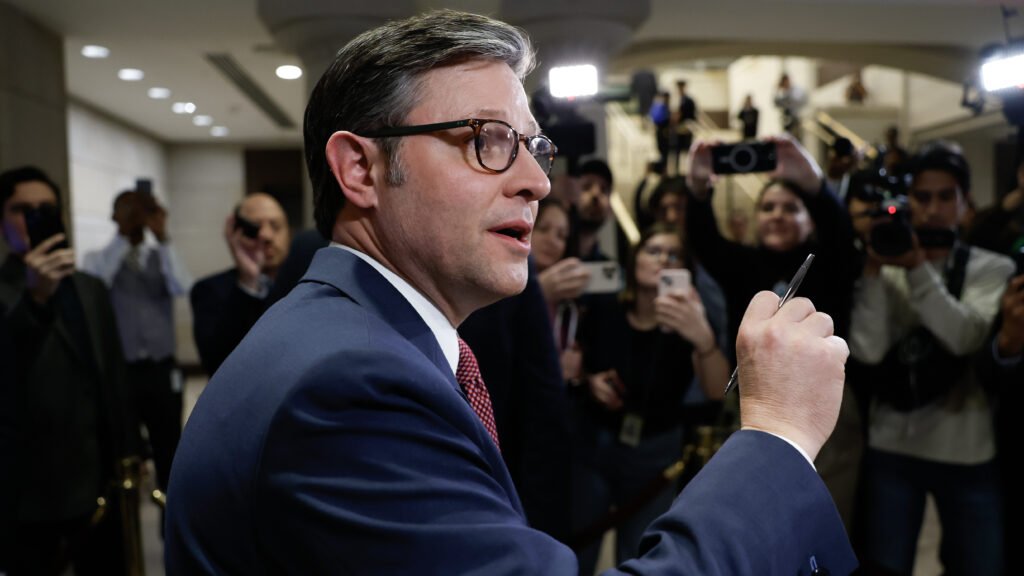House Republicans have made a significant shift in their end-of-year legislative plans by backing away from including reforms to pharmacy benefit managers (PBMs) in a crucial bill to fund the federal government. This decision comes after congressional leaders had initially agreed to rein in prescription drug middlemen earlier this week, only for the larger package it was attached to fall apart following backlash from conservatives and top advisers to President-elect Trump. As a result, lawmakers are now expected to pass a three-month government funding bill with extensions for basic public health programs and telehealth flexibilities ahead of a Friday deadline.
The sudden reversal on the inclusion of PBM reforms in the year-end legislation means that a slew of other important healthcare-related legislation that multiple committees passed this Congress will not become law. In addition to the PBM reforms, GOP lawmakers have also cut provisions related to drug patent reforms, hospital billing transparency, Medicare pay bonuses for doctors, and reauthorizations of laws aimed at addressing the opioid crisis and preventing pandemics.
The Trump-backed plan, which failed to pass the House on Thursday evening, has forced Republican leaders to pivot and pursue an alternative path forward. The decision to exclude the PBM reforms from the funding bill marks a significant setback for efforts to address rising drug costs and increase transparency in the pharmaceutical industry. It remains to be seen how lawmakers will address these issues moving forward and whether they will revisit the PBM reforms in future legislation.
In the midst of these developments, it is essential for stakeholders in the healthcare sector to closely monitor the evolving legislative landscape and stay informed about potential policy changes that could impact the industry. The decision to exclude PBM reforms from the year-end funding bill underscores the complex and contentious nature of healthcare policymaking, highlighting the challenges of balancing competing interests and priorities within the healthcare system.
As Congress navigates these complex issues, it is crucial for healthcare professionals, policymakers, and industry experts to engage in constructive dialogue and collaboration to advance meaningful reforms that benefit patients, providers, and the healthcare system as a whole. By staying informed and actively participating in the policymaking process, stakeholders can help shape the future of healthcare in the United States and contribute to the development of effective and sustainable healthcare policies.


